By Shishir Tripathi
On Wednesday evening, rival chants - “Bharat mata ki jai and jo Kashmir humara hai, sara ka sara hai” and “sanghi gundo baaz aao and comrade Kanhaiya ko lal salam” - perforated the tense air on the JNU campus. The cadres of the ABVP and the Left-backed unions were out in good strength, the former opposing anti-national activities on campus and the latter demanding the release of the three JNU students taken into police custody for ‘seditious activities’.
During the entire event that witnessed high-pitched sloganeering from both sides, there was more than one occasion when a face-off between the two contending ideologies became imminent. But then, JNU is a place where ideological battles are fought and won with debate. It sometimes turns into propaganda and often into intellectual intimidation, but seldom ends up in kicks and blows.
Contrast it with the another premier university of the national capital: University of Delhi, popularly referred to as DU. Politics in DU is any every manner the microcosm of national politics with muscle power and money playing a predominant role in the student union elections.
The manifestos drawn up by the parties contesting or a speech by a candidate is rarely a deciding factor in DU elections. Freebies and goodies are a major pull for students. Addresses by the candidates remain as loaded with demagogy and theatrics as those of their role models in state and national politics.
Writing for the September 2014 issue of Mainstream, two professors of DU mentioned the “limitless use of money and muscle that was explicitly visible in the Delhi University Student Union (DUSU) elections”. “Campaigning with the support of outsiders during the election period along with long queues of buses to offer recreational services ranging from metro-walk to food-plaza to students was quite a common sight. Undoubtedly, the main purpose of such recreational services offered by the prospective candidates was to get the students’ support for their specific bodies,” observed the article.
Several reports during the DUSU election the same year highlighted how candidates hired goons to assault competitors. Anyone who has spent some years in DU can confirm that student elections there are marred by the same dirty tricks used by professional politicians at large. “This of course makes it impossible for the student organisations of radical and Left wing persuasions — which in general dominate student politics in JNU — to mark their presence in DUSU, though their voting share is growing with every passing election,” stated the article.
In many universities of North India, politics is the first resort of scoundrels. The rot that has deeply penetrated student’s politics has been finely depicted in movies like Haasil by Tigmanshu Dhulia and Anurag Kashyap’s Gulaal.
JNU, which has been attacked for its ‘anti-national’ activities, is perhaps one of the very few universities in the country where students have won elections without deep pockets, muscle power and flashy SUVs for campaigning.
It is rather sad that a host of JNU students talks of the same politics that romanticised revolution and keeps using the same metaphors and idioms used four decades ago. They give the impression of being trapped in time and out of sync with emerging realities. Nevertheless, on more than one occasion, the student parties of JNU have provided ideological support to its ‘capitalist brethren’ in DU.
In 2007, when Ramjas College of Delhi University was at the centre of huge protests demanding strict action against a faculty member who was accused of sexually abusing male students, it was the likes of Praful Bidwai who gave intellectual and moral support to students fighting for the cause.
In August 2013, around 12,000 students of DU voted in an unofficial referendum on four-year undergraduate programme (FYUP) that was introduced in 2013. DU, where student’s politics for years have been a contest between the National Students’ Union of India (NSUI), the student wing of the Congress, and BJP-backed Akhil Bharatiya Vidyarthi Parishad, the referendum, however, was organised by the All India Students Association (AISA).
In October 2013, when the academic council of DU decided to drop from the history syllabus AK Ramanujan’s celebrated essay Three Hundred Ramayanas: Five examples and three thoughts on translations, which formed part of the BA History (Honours) course, once again a large number of students from JNU provided support to protesting DU students and teachers.
Talking about students’ politics in JNU, a professor who taught at both universities, says: “You might not agree with the Utopian construct of an egalitarian society espoused by those students but the fact is that they enter politics believing themselves to be agents of change and not as aspiring political elite.”
In Delhi University, both ABVP and NSUI lack a coherent ideological framework independent of their parent parties. This is not the case with Left parties in JNU.
Shankar, a research scholar in JNU, said “There comes a time when one must take a position that is neither safe, nor politic, nor popular, but one must take it because conscience tells him it is right and we do the same.”
The dissent and debate, radical views and talks of revolution have been template of JNU life and students’ politics on the campus. It might be sacrilegious for some and sedation for others but any day it is better than the potent criminality in a host of universities where student politics is just a path to the corridors of power.


)




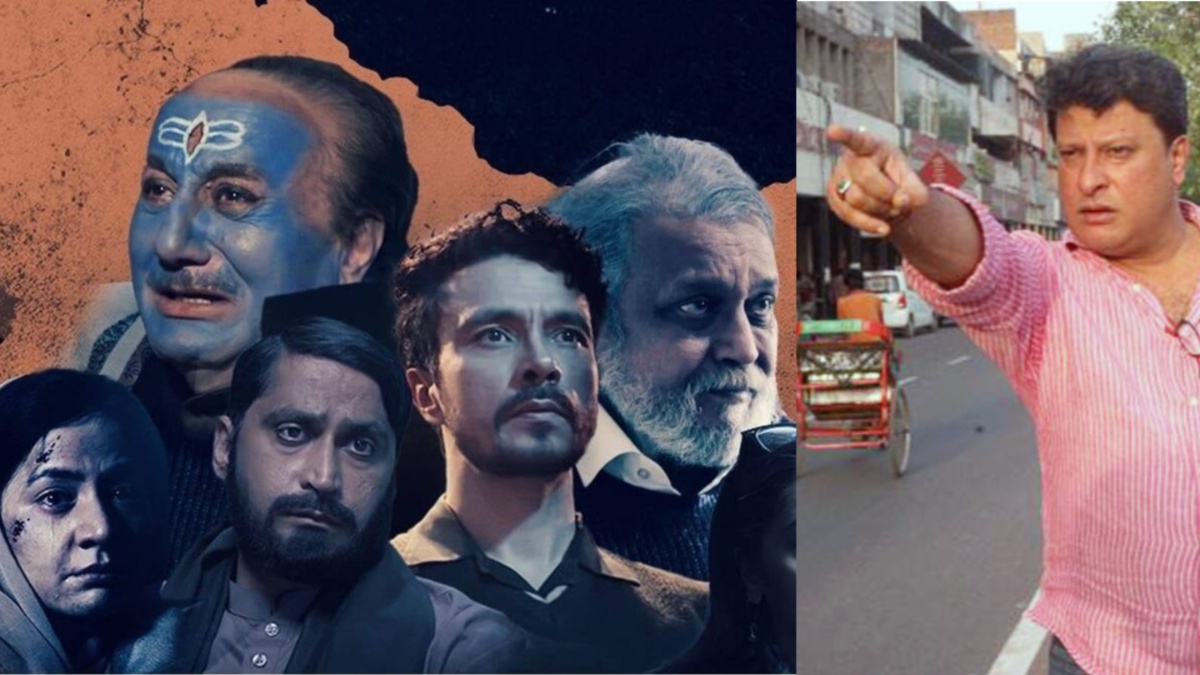)
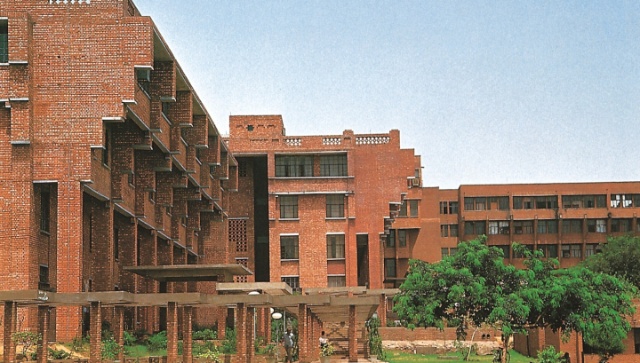)
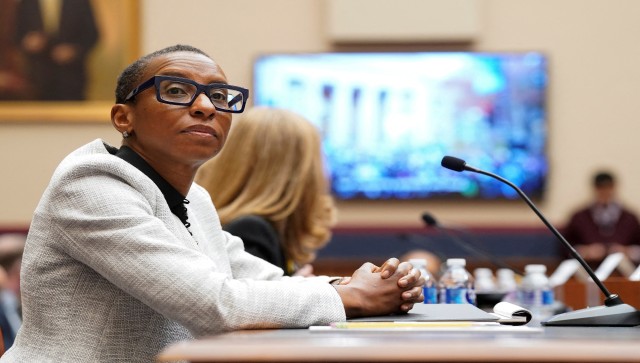)
)
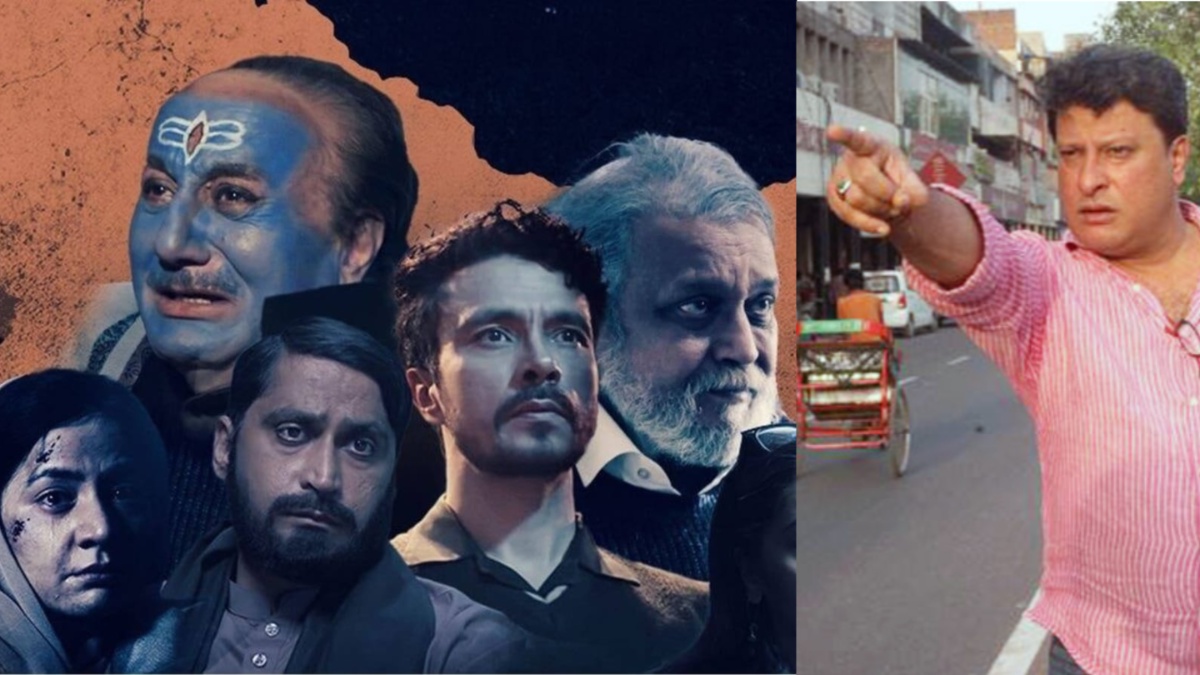)
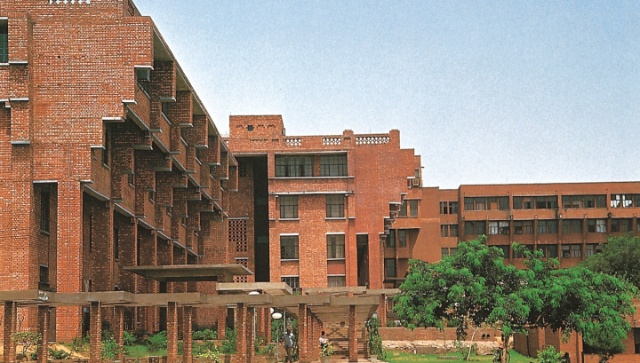)
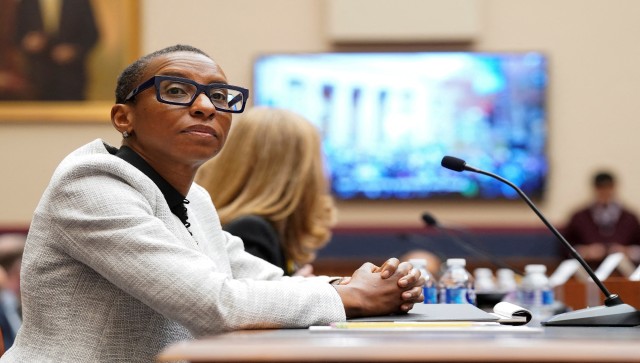)
)